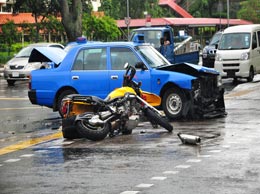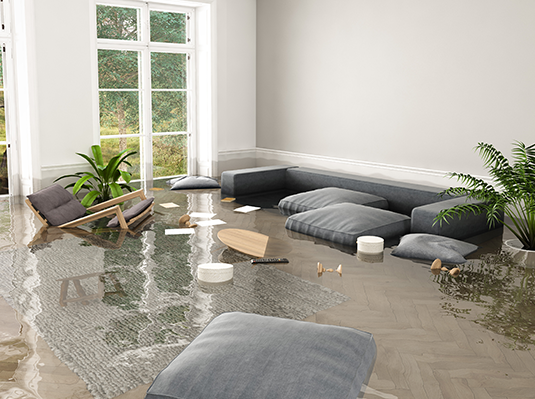
Boats offer a level of freedom that cannot be matched by many other vehicles. When we think of boats, our minds probably do not go straight to insurance. We go straight to thoughts of tubing, fishing, cruising, and the overall bliss of having the wind blowing through our hair as we cut across a lake. Behind all this endorphin enriched recreation, lies a good deal of danger and chance for disaster. Let's look at some of the details around boat insurance and things you can do to protect yourself as a boat owner.
What is Boat Insurance? Why do I need it?
Boat insurance is very similar to auto insurance with a few details that are altered to accommodate watercraft. It is going to protect you from liability exposure, losses to physical damage to the boat, and more depending on the selected coverages. Here are some of the primary coverages to look for on a boat policy.
- Liability: This is the coverage that protects you from being on the hook if someone is injured on the water and fault lies with you. This can be for people in other watercraft as well as friends who are riding in your boat. If someone is hurt, the owner of the boat can be left with the responsibility of paying to repair damage to others’ personal property or someone’s medical bills. If damage is extensive enough, other individuals can even seek justice through the legal system by suing the boat owner for pain, suffering, lost wages, death of a family member, and more. Similar to auto insurance, it is important to have the highest limit you can afford for liability because these claims can be very hefty.
- Uninsured Boater Protection: This coverage is to protect the boat owner from other boaters who do not have insurance. It is pretty common, but very irresponsible, for people to buy a boat and head for the shore without a thought of insurance. If one of these uninsured boaters makes a mistake and gets into a boating accident with you, you can find yourself in a sticky situation. If they do not have any insurance, they don't have any liability coverage to pay out for your injuries or property damage, leaving you to pay for the damages yourself, or push for legal action against the uninsured boater. This is where uninsured boater coverage comes into play. This coverage will pay out to take care of your injuries and damages if someone with no insurance causes damage to you.
- Collision and Comprehensive: These coverages are very similar to their auto insurance counterparts. These are coverages to replace or repair the boat if something were to happen to it.
- Collision: Covers if the boat collides with something and suffers physical damage.
- Comprehensive: Covers the boat if something other than a collision causes physical damage or loss on the boat. Examples of this include fire, theft, or if the boat sinks on its own without a collision.
- In addition to these main coverages, you may see some additional coverages depending on the insurance company you are looking at. These coverages may include things like Boat Towing, Coastal Navigation, Personal Effects, and more. Talk to your agent or insurance provider for more information on coverage specifics.
For boat owners who do not leave their boats at a marina or storage dock for permanent storage, a trailer is a go-to option for storage and transportation. These trailers can easily become a forgotten asset when it comes time to put insurance on the boat, but they do not have to be. Most carriers will offer the option to include a limit for damage done to the trailer to be sure that it is replaced along with the boat if necessary.
Boat Safety Tips
As we’ve discussed, boating comes with a variety of dangers that we can protect against by following some pretty simple safety rules:
- Take a Boaters Safety Course: These courses can be taken online or in person, and they contain tons of knowledge from professionals that can help you to stay safe on the water. Do not skip this step in the beginning of your boating journey. If you have been boating for a while, it may still be a good idea to take one of these courses regularly in order to keep the material fresh. You may even be required to stay up to date on boater safety classes depending on the state you live and boat in.
- Be prepared: This seems like a no-brainer, but it is very important to remember. Plan your trips out. Check the weather beforehand, let someone know where you are going and when you plan to be back. Be sure that you have an appropriate number of life jackets for the people going along on the trip.
- Check your boat and materials: Check to be sure that everything on the boat is functioning properly. Check the lights, the hull, the engine, etc. Be sure that you do not overload the boat with people or materials, and always be sure that the boat is not unbalanced when loaded.
The contents of this article are for informational purposes only. You should not act or refrain from acting based on this information without first consulting a Goosehead licensed agent at [email protected]. We disclaim all liability for actions taken or not taken by you based on the contents of this article which is provided "as is." Goosehead makes no representation that this content is error-free.

